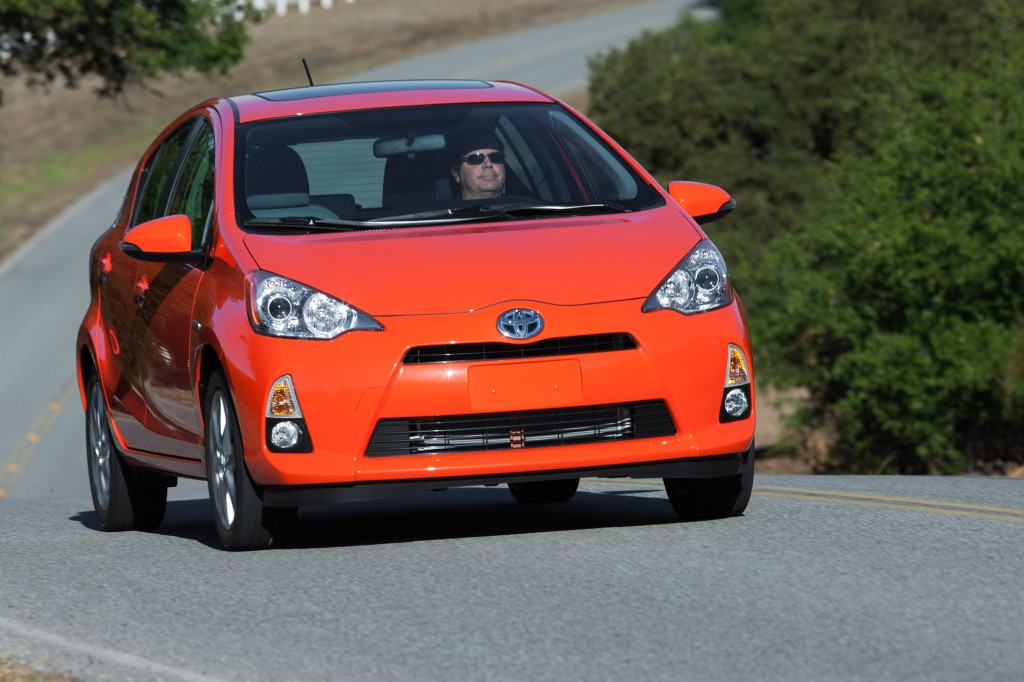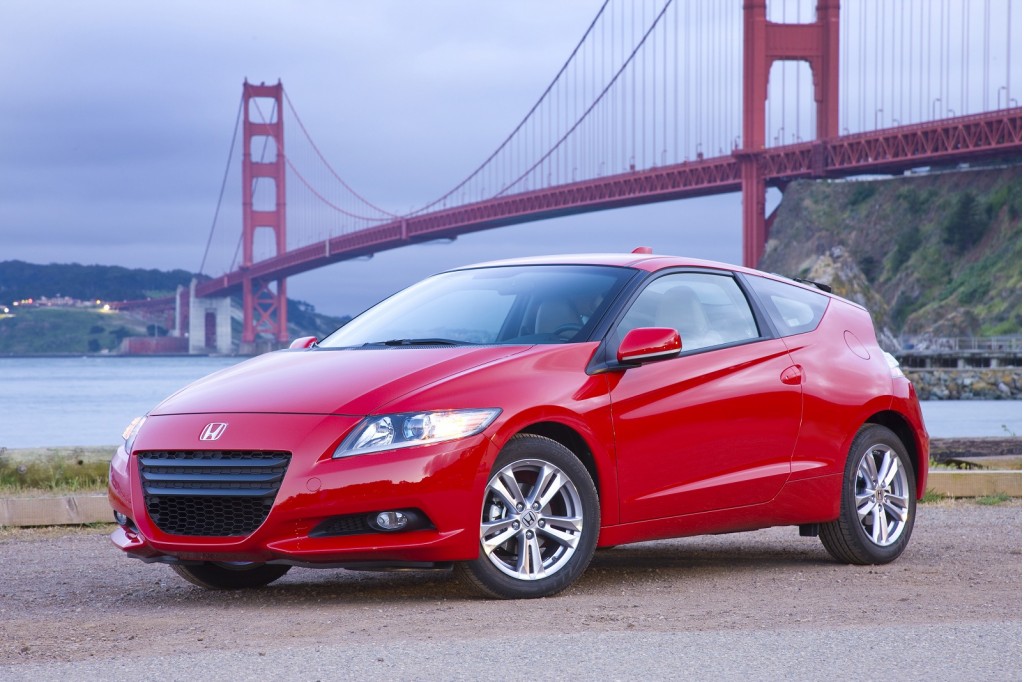If you want to cut down on gas and reduce your tailpipe emissions, there's never been a better selection of vehicles to choose from.
Whether you go the whole hog with an electric car or simply buy a more efficient gasoline vehicle, you're spoiled for choice.
Each fuel and vehicle variation has its own benefits and problems though, so if you're in the market for a new vehicle, we'll be looking at the pros and cons of each type. First to go under the microscope: Hybrids.
Pros
Hybrid cars are probably the most recognisable green vehicles, and much of that success can be attributed to Toyota's hugely popular Prius.
The Prius has been selling for over a decade and what started off as an odd-looking but efficient curiosity is now a four-strong range including some of the most fuel-efficient vehicles on the market.
And that, of course, is the benefit of hybrids. They may use gasoline just like most other vehicles, but with electric assistance they use less of it. This lowers the cost of driving, but also reduces pollution.

2012 Toyota Prius C
So they're efficient, but hybrids also have other benefits. For one, they're proving incredibly reliable.
All that technology under the hood might seem like a complicated nightmare, but it's not uncommon to hear stories of hybrids doing 300,000 miles or more without problems, and we've heard stories on the grapevine of hybrids still going strong at well over half a million miles. Toyota says it has fewer warranty claims on its hybrid models than it does for its non-hybrids.
Next, they're pretty relaxing to drive. Most hybrids are automatic and many use smooth, continuously-variable transmissions. Without the jerk of gearchanges, getting about the place becomes a series of fluid movements, for a rather pleasant experience. Most of the time, low revs also make them particularly quiet.
Finally, there's a hybrid for almost every budget. Whether you want a sub-$20K Honda Insight or Toyota Prius C, or a Porsche Cayenne Hybrid for over $80K, there should be an option to satisfy your needs.
2013 Lexus GS 450h First Drive. [Photos: Antony Ingram]![2013 Lexus GS 450h First Drive. [Photos: Antony Ingram] 2013 Lexus GS 450h First Drive. [Photos: Antony Ingram]](https://images.hgmsites.net/lrg/2013-lexus-gs-450h_100392949_l.jpg)
It's not all good news with hybrids.
We've already hinted at the cost. If your aim is to spend as little at the dealer as is possible, then a hybrid probably won't be for you. Brand new, no hybrid currently on sale costs under $18,000, and there are any number of reasonably efficient cars available for less. That cost can really escalate for premium hybrid models too.
Then there's the image. Hybrids may no longer have quite the stigma they once had, partly because so many carmakers currently offer hybrids. But for some, saying "I drive a hybrid" has a little too much baggage attached to it. Rightly or wrongly, hybrids are still looked down upon by some other drivers, and some buyers might not want that kind of association.
You'll also need to check that the hybrid you're looking at hasn't been compromised too much in other areas. In cars not purpose-designed to be hybrids, you'll often sacrifice a little trunk space over the non-hybrid model, as the carmaker has had to squeeze a battery in an area it wasn't designed to go.

2012 Honda CR-Z
Conclusion
If none of the above really puts you off, then you shouldn't need much persuading to choose a hybrid as your next vehicle.
Any difference in initial cost should be made up soon enough, provided you pick a reasonably efficient hybrid in the first place (the case isn't as strong for some of the token hybrids in premium carmakers' ranges). There's also a kick to be had from getting about the place using the bare minimum of gas, even if it's not the same kick you might get in an all-electric car!
Factor in that reliability and smooth driving characteristics, and you're ready to buy a hybrid. The only decision you have to make now, is which to go for...
+++++++++++













